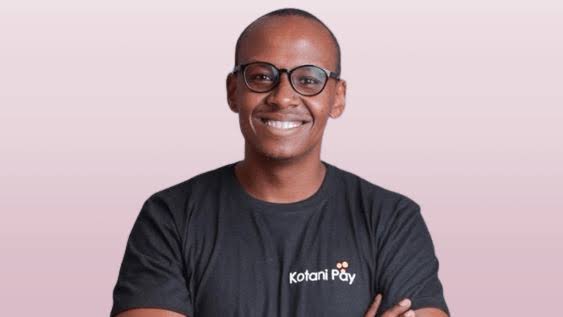Kotani Pay, a licensed on-ramp and off-ramp service provider, is expanding its operations into Rwanda and Uganda. This is a significant step in enhancing digital payment accessibility across East Africa.
The fintech company announced the expansion via X on Wednesday, October 30: “Exciting news! Kotani Pay has expanded its on-ramp and off-ramp services to Rwanda and Uganda! This expansion is a key step in our mission to onboard the next million users across Africa.”
With this move, Kotani Pay will offer a simplified, compliant, on-ramp/off-ramp API to local fintechs and Web3 companies in Rwanda and Uganda, enabling them to expand their reach and participate in the global digital economy.
Read also: EBANX Africa announces new Director for Africa development
Bridging fiat and crypto for local fintechs
Kotani Pay’s API allows fintech companies to bridge fiat and crypto assets, supporting seamless cash-in and cash-out services across both traditional and digital currencies. This technology addresses the growing demand for borderless, agile payment solutions, providing local fintechs with essential tools to enhance user access to digital financial services.
Through Kotani Pay’s integration, fintech businesses can connect local mobile wallets and bank transfers to blockchain-based financial platforms, facilitating swift and secure transactions.
Felix Macharia, CEO of Kotani Pay, expressed enthusiasm about the expansion’s potential impact: “As we expand into Rwanda and Uganda, we are thrilled to support our clients in navigating these dynamic markets. This expansion empowers fintech and Web3 companies to enter with confidence, removing the payment and technical barriers that have previously hindered innovation.”
Read also: Investors reconsider shares investment in Jumia stocks
Expanding opportunities for Web3 companies
This expansion also creates new possibilities for Web3 businesses in Rwanda and Uganda, providing a streamlined on-ramp/off-ramp API that makes it easier for platforms, wallets, DeFi projects, and crypto exchanges to operate locally. With Kotani Pay’s API, Web3 companies can offer users seamless access to Rwandan franc and Ugandan shilling, bridging the gap between digital assets and traditional currencies. This functionality supports Web3 firms in addressing the rising demand for digital assets and providing local users with greater flexibility.
Kotani Pay’s growth underscores its vision of unifying payment systems across Africa, addressing the continent’s unique financial landscape with seamless and adaptable solutions. Currently integrated with 15 major blockchain protocols, the company is helping to bridge payment fragmentation by offering scalable solutions for fintech and Web3 businesses. This expansion into Rwanda and Uganda aligns with Kotani Pay’s mission of delivering accessible, transparent financial solutions, advancing financial inclusion, and supporting regional innovation.
With the official launch of operations in Uganda and Rwanda, Kotani Pay strengthens its position as a leader in Africa’s fintech and Web3 sectors. It is driving East Africa’s digital finance ecosystem forward by providing essential on-ramp and off-ramp services, enabling local businesses and users to thrive in the global digital economy.

